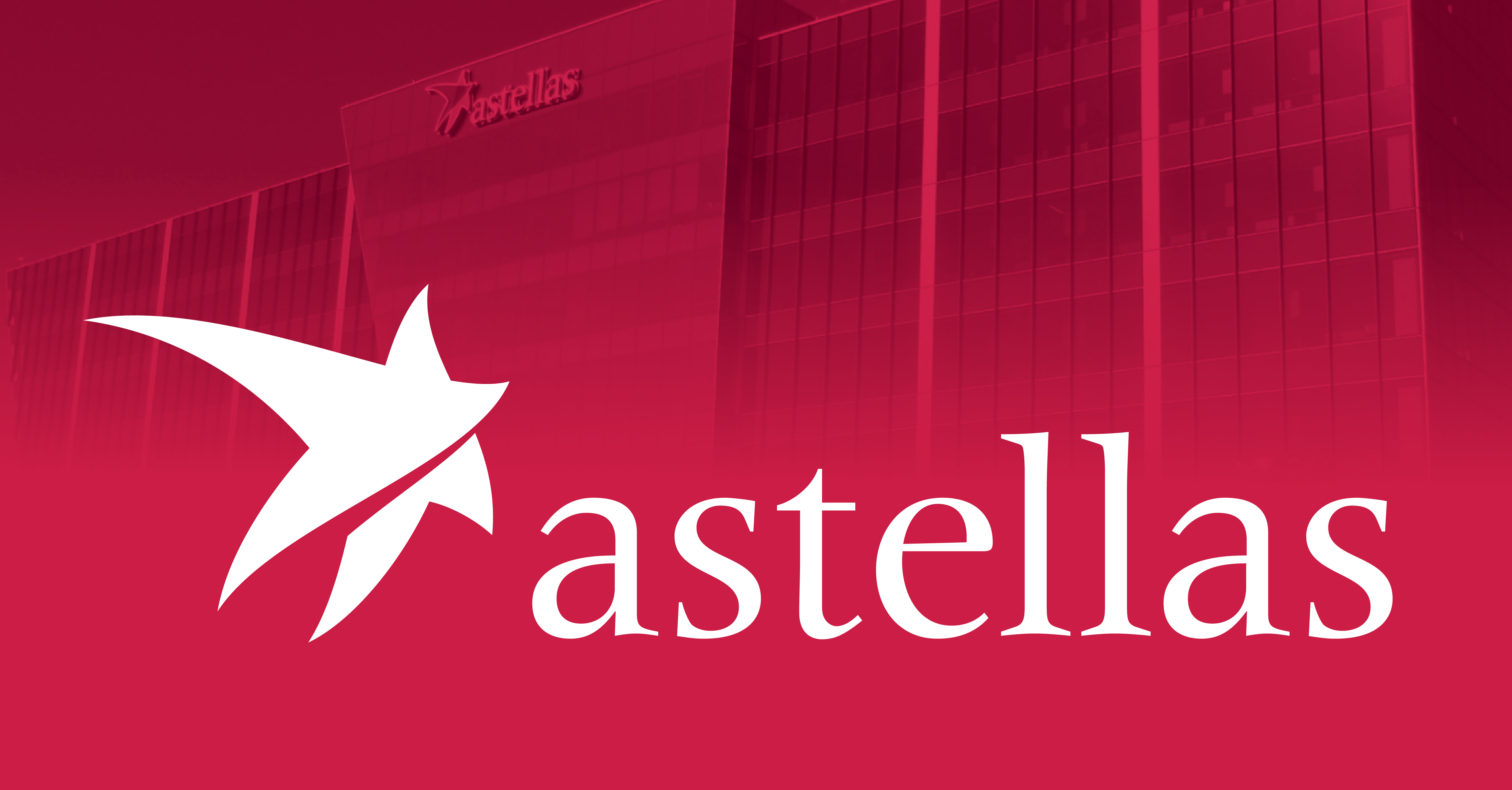You are now leaving XTANDI.com
The website you are about to visit is not owned or controlled by Astellas. Astellas are not responsible for the information or services on this site.

Dr. Steven Benner has dedicated the majority of his career to helping develop new cancer therapies – from designing and conducting clinical trials to helping bring promising treatments into the clinic – with the ultimate goal of improving the lives of cancer patients around the world. Benner’s wide variety of development experience, both in academic and industry settings, serve him well in his new role as head of Astellas’ Oncology therapeutic area. In his position, Benner is responsible for leading numerous clinical programs in areas such as prostate cancer, acute myeloid leukemia (AML), gastroesophageal cancer and bladder cancer, among others.

We sat down with Benner to learn more about what inspired him to pursue a career in oncology, some of the biggest advancements Astellas Oncology has made to date, and what he believes the future of cancer treatment may look like.
What is your experience/background with oncology? Why did you decide to pursue this line of work?
I trained in Medical Oncology with a goal to become an academic medical oncologist. I held faculty positions at the University of Texas MD Anderson Cancer Center and the University of North Carolina - Chapel Hill. My academic specialty was clinical investigation, the design and conduction of clinical trials. Over time, I started to focus more on new drug development. I joined this industry because I felt that I could have a greater impact over the course of my career in bringing new drugs to patients.
Where are you hoping to take Astellas Oncology within the next few years, in terms of research or innovation?
I hope to help Astellas with the ongoing transformation of the company as an oncology leader, bringing important, innovative new medicines to cancer patients. I would like to see the company continue to deliver medicines across a range of cancers to help improve the lives of patients.
What do you consider some of the biggest advancements Astellas Oncology has made to date?
Astellas has made an impact in oncology through strategic partnerships and acquisitions of leading treatments for prostate cancer and some forms of non-small cell lung cancer (NSCLC). The company has also built an impressive development pipeline that includes compounds like gilteritinib, which we are investigating as a potential therapeutic option for patients with acute myeloid leukemia (AML), and enfortumab vedotin from Agensys, a compound we are studying for metastatic urothelial cancer in partnership with Seattle Genetics. In addition, Astellas is pursuing collaborations with world-class research institutions and academic centers of excellence to ensure we are evaluating and incorporating novel approaches and potential treatment options to further our own internal research, capabilities and knowledge. One such collaboration has resulted in us anticipating moving potential novel immuno-oncology treatments into the clinic. The company has made a major commitment to discovering and developing new treatment options in the field of oncology and we will continue to do so as helping to meet significant unmet patient needs is at the forefront of our development strategy.
How will today’s trials and research efforts play into the future of healthcare?
There is almost constant, rapid change in the field of oncology. This was recently demonstrated by the approval of important new treatments that seek to enlist the patient's natural immune response to treat his or her cancer. Such approaches are transforming the way we think and address oncology development. We are learning so much at such high rates of speed and we must remain diligent in the way we approach the speed and efficiency of our clinical trial programs. Astellas must also continue to design and conduct clinical trials that clearly demonstrate the benefits of new treatments and show the value of these potential products for the patients who most need them.
What does personalized medicine mean for Astellas, specifically in oncology?
It is critical for Astellas to identify the patients likely to obtain the greatest benefits from our new drugs. This approach – called personalized medicine – is one that Astellas has been focused on for some time. Personalized medicine is especially important in the field of oncology, so that we can better identify the appropriate patients who may have the best chance at responding to certain treatments. For example, some patients may suffer from specific gene mutations that could impede their eligibility for certain treatments or its effectiveness. Being able to better identify and diagnose these patients can help us to ensure we are treating the right patients.
Ultimately, everything we do in Astellas Oncology is to help move significant cancer treatment options forward for patients. I am excited about the progress we have made to date and look forward to continuing to deliver even more innovative medicines to patients.
 |
Get only the email alerts you want.
For media inquiries and reporter requests, please click here to fill out a request form.
Our communications team will respond to verified media requests within 24-48 hours as appropriate.
If you are not a reporter and need assistance, please visit our contact us page that includes information for patients, healthcare providers and researchers.
This website is intended for U.S. residents only. This website contains information about products that may not be available in all countries, or may be available under different trademarks, for different indications, or in different dosages. Nothing contained herein should be considered a solicitation, promotion or advertisement for any drug including those under development. Any information on the products contained herein is not intended to provide medical advice nor should be used as a substitute for the advice provided by your physician or other healthcare provider.
The site uses cookies to provide you with a more responsive and personalized service and to analyze site traffic. By using this site, you accept our use of cookies as described in our privacy policy. Please read our privacy policy for more information on the cookies we use, the processing of your personal data and how to delete or block the use of cookies.